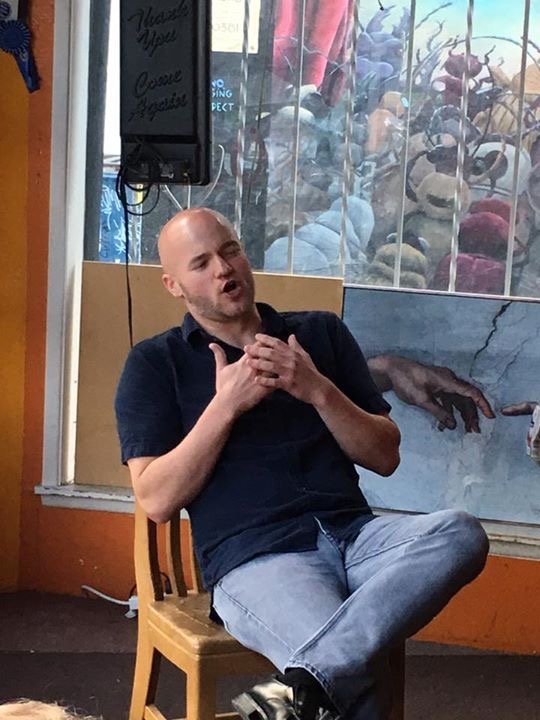About Mike
Mike is a musician, educator, entrepreneur, and an operavangelist at heart. He learned early on in his career about the power of opera when it’s performed in ways that are more direct and relatable. After doing a lot of intimate recitals and numerous outreach tours with companies, he decided to take his love for opera and mold it in a way that speaks to broader audiences.
In 2016, Mr. Heitmann started making modern adaptations of traditional operas in English, incorporating social issues and trends in order to reach broader, and younger audiences. His adaptations include The Marriage of Figaro, Carmen, The Elixir of Love, Don Giovanni, The Real Housewives of Sparta (Offenbach’s La belle Hélène), as well as The Prince’s Matchmaker (Viardot’s Cendrillon) inspired by The Bachelor.
In 2020, he co-founded Opera Unbound with Rachelle Moss, which initially was an educational podcast intended to break down the barriers between opera singers and new audiences. It covered the process, challenges, stereotypes, and inspirations associated with opera. In 2022, Opera Unbound produced its first show, Donizetti’s Elixir of Love, continuing its mission is to make opera accessible for all.
In addition to his work for Opera Unbound, he has performed throughout the United States for opera companies like Seattle Opera, Tacoma Opera, Inland Northwest Opera, Puget Sound Concert Opera and Northwest Opera in the Schools, Etc..., FBN Productions, and Opera on Tap. Some of his favorite roles include the title role in Don Giovanni, Count Almaviva (Le nozze di Figaro), Father (Hansel and Gretel), Reverend Olin Bitch (Susannah), Ben (The Telephone), and Bello (La fanciulla del West).
A regular concert and recital performer, his Love in the Time of Tinder, which describes the joys and ills of modern dating through classical music, has been performed in New York City, Seattle, and Moscow, Idaho. He's also been a soloist in Fauré's Requiem, Gounod's Messe Solennelle, Handel’s Messiah, Beethoven's Symphony no. 9, Schubert's Mass in G Major, and J.S. Bach's Johannes-Passion, BWV 56, 145, and 158.
